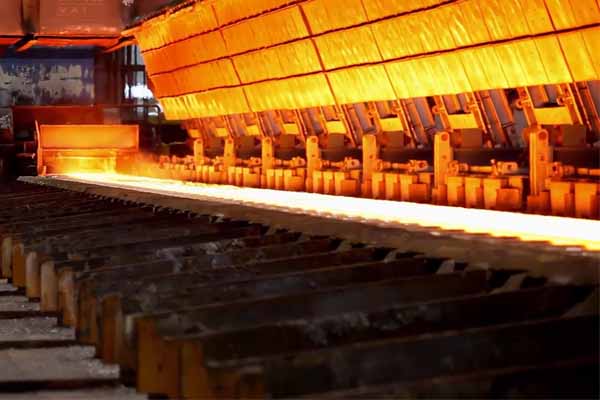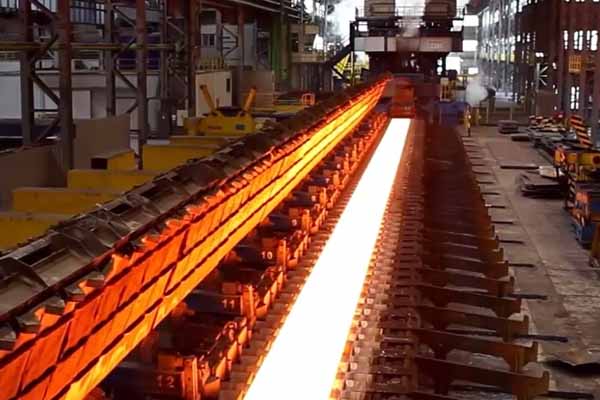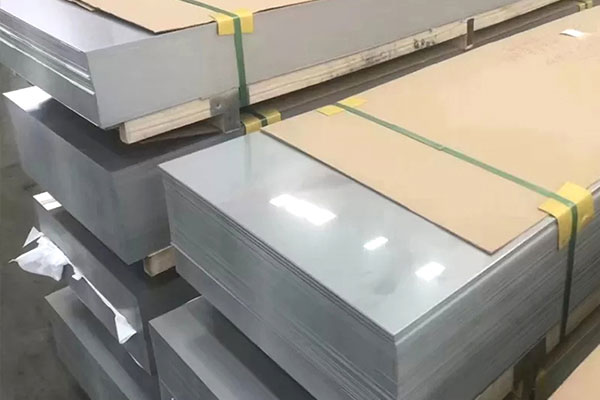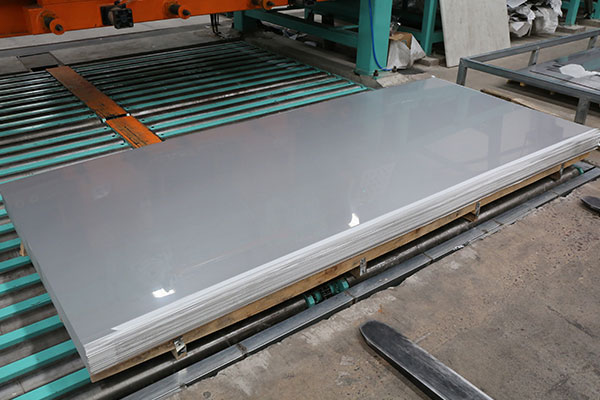Marine grade metals include carbon steel, alloy steel, stainless steel, galvanized steel, aluminum, copper, brass, bronze. Due to the addition of alloying elements, marine grade metals are more corrosion-resistant. In wet or underwater environments, we rely on it to prevent everything from corrosion to failure. Thus, you’ll find marine grade metals in cargo ships, naval vessels, cruise ships, and wherever water is found.
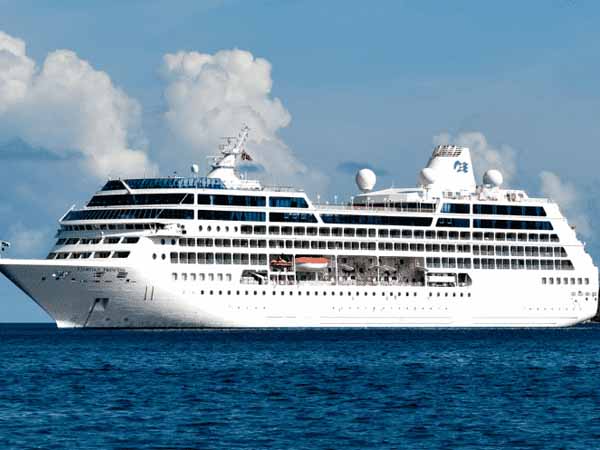
Marine grade carbon steel: By nature, because iron is inherently vulnerable to oxidation and rust, most carbon steels are not appropriate for marine environments. However, compared to their equivalents in the ASTM, AH36, DH36, and EH36 have a little more manganese and chromium, both of which allow them to have both higher strength and corrosion resistance, available as marine grade metals.
Marine grade alloy steel: In addition to carbon steel, alloy steel can also be used in structural shipbuilding plus other offshore structural applications, such as MD, ME, MF and MG grades etc,. Because they have the strength that builders expect from regular alloy steels, and have enough corrosion resistance.
Marine grade stainless steel: All grades of stainless steel have some corrosion resistance for its high content of chromium, there are a few that are more appropriate for marine environments. The most common is 316 grade stainless steel. Featuring more molybdenum than is typical in austenitic (2xx-3xx) stainless steels, it is better able to resist pitting and other corrosion caused by saltwater.
Marine grade galvanized steel: Galvanized steel can be used in marine environments under specific conditions, such as freshwater marine structures. Because in warm temperature saltwater, the chlorides of the saltwater will rapidly corrode the zinc, and the higher temperature will speed up the corrosion.
Marine grade aluminum: High strength and durability combined are among aluminum’s many benefits, and its lower weight compared to steel, generally used for a mainstay on the bodies of ships. Currently, one of the most popular marine grade alloys of aluminum is 5052. It is especially recommended wherever projects demand formability. If strength is a more important consideration, grade 5083 may be recommended.
Marine grade copper: Both the C70600 and C71500 are copper-nickel alloys that are appropriate for marine environments, generally used for marine fittings, fasteners, valves, and pumps, in addition to water lines and desalination equipment.
Marine grade brass: Marine brass is also known as naval brass because of its prevalent use in the military. The most common marine grade brass alloys are C46200 and C46400, it is often blended with tin and zinc helps the brass alloys resist corrosion in wet—and sometimes even in underwater—environments and leads to improved maneuverability. Besides, C48500 is also fairly common, it has larger amount of lead. Because brass can withstand very high temperatures, it is a good candidate for piping or condensers. You’ll also find marine grade brass in marine fasteners, pumps, and fittings.
Marine grade bronze: Among bronze alloys, including aluminum bronzes and silicon bronzes, were created precisely for marine use. Such as silicon like C65500 and aluminum like C95400, are better able to resist the corrosive effects of marine environments, Also fight off algae, mussels, and other disruptive organisms, generally used for marine fasteners and pipes. Because it produces little friction, it’s also popular material in propellers and propeller shafts.
 English
English Русский
Русский


